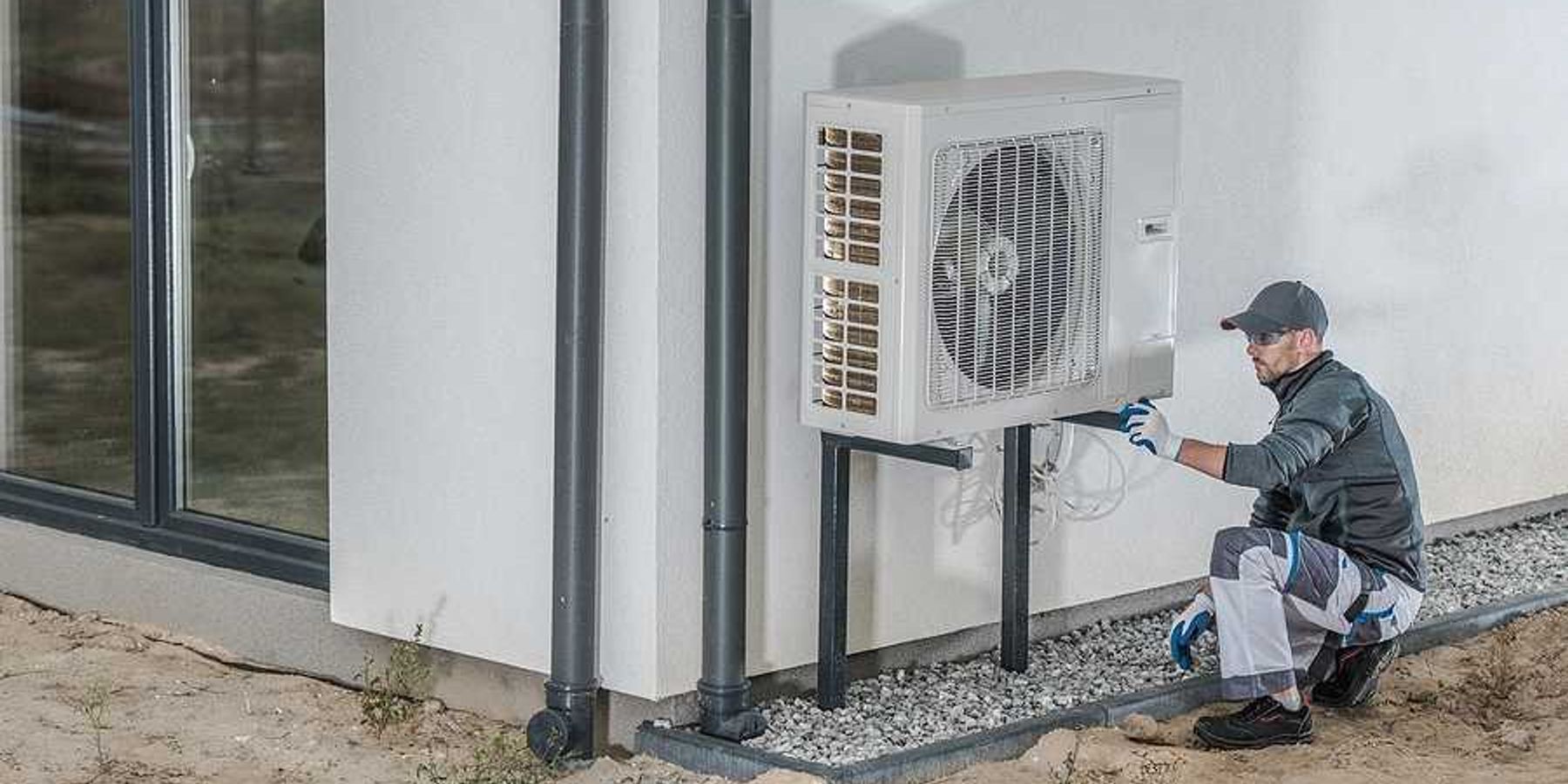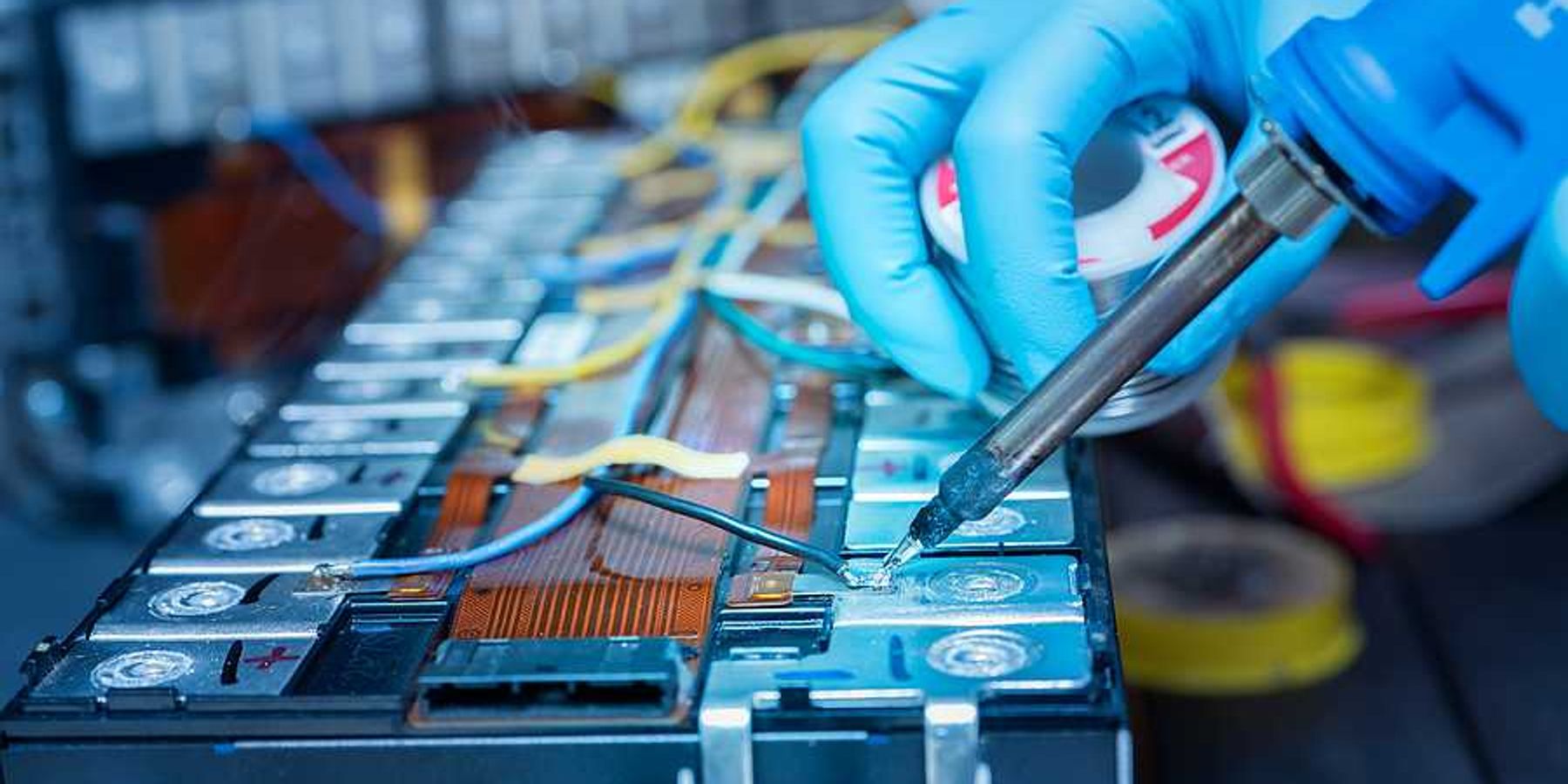Farms turn to automation as labor shortages grow
Facing rising labor shortages, farms are adopting automation to manage costs and reduce risks for workers, yet some workers worry this shift could drive further job insecurity and workplace challenges.
Ayurella Horn-Muller and Melina Walling report for Grist.
In short:
- Farmers are increasingly using automated tools to reduce labor costs and handle extreme climate conditions, from solar-powered irrigation to robotic tractors.
- While automation boosts efficiency, small farmers and workers fear it could replace human jobs or create new safety and monitoring pressures.
- Companies like PowerPollen are creating tech to perform labor-intensive tasks like corn detasseling, helping mitigate the effects of extreme weather on crop production.
Key quote:
Robots "are machines that don’t ask for anything. We don’t want to be replaced by machines."
— Luis Jimenez, dairy worker and advocate
Why this matters:
Automation promises efficiency in agriculture, especially as climate impacts intensify, yet it risks exacerbating employment challenges for farmworkers. With automation potentially shifting job roles, questions about worker welfare and safety grow, particularly as machines may reduce the demand for human labor and raise surveillance concerns.
Related: Farmers find new revenue by grazing sheep beneath solar panels













